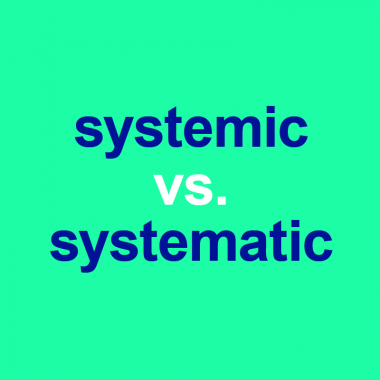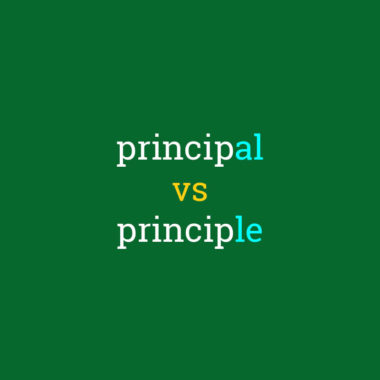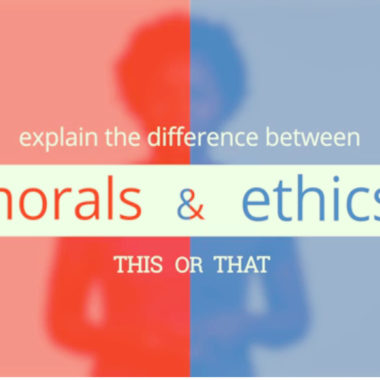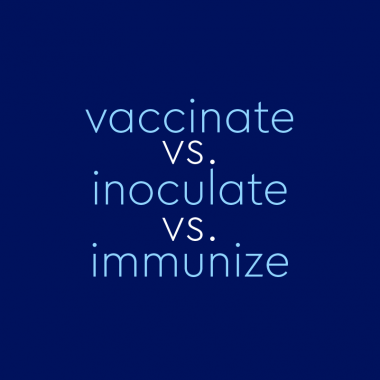Go From Casual to Speedruns With This Gaming Slang
Just like any other close-knit community, the gaming community has its own commonly used slang words and phrases—and navigating them can be tough for a noob. Whether you’re acting pretty sus in Among Us or carrying the team in a game of League of Legends, you’re bound to pick up a few new words and phrases. So hit the pause button and take a peek at …











